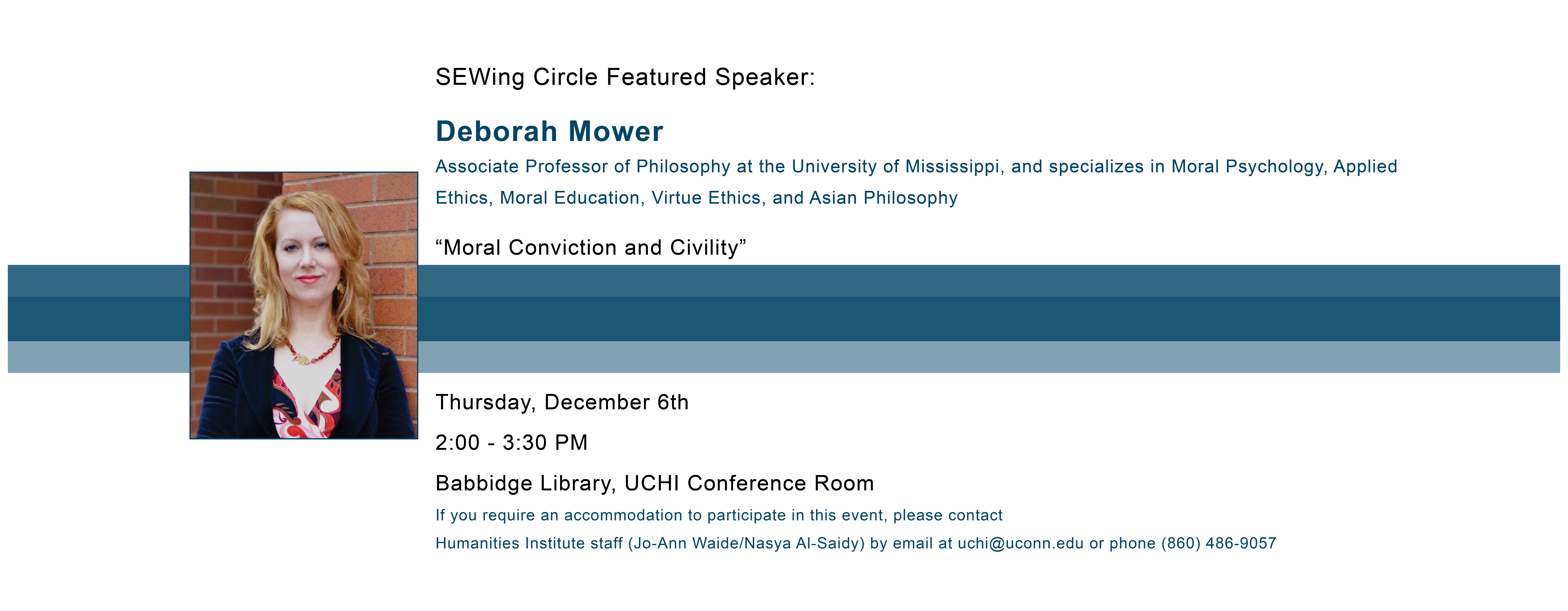American political discourse has always been combative but recent years have brought a marked increase in incivility, vitriol, and violence among both private citizens and public figures. While there are doubtless many causes for this increase, there is a corresponding rise in identity politics, polarization, information filtering and avoidance, heightened moral judgment, and adoption of outrage culture. Psychologists have studied the phenomenon of moral conviction and offer helpful ways to understand at least part of this recent rise of incivility. Moral conviction is a specific attitude subjects take toward some issue and is characterized by universality, objectivity, autonomy, and emotional intensity, yielding increased motivation and justification for action (Skitka 2010). Clearly, moral conviction matters for our individual choices and for motivating moral progress, but it also carries a dark side of incivility, intolerance, non-engagement (avoidance), and violence toward those who are thought to hold different moral views. I offer an account of civility as an orienting attitude toward the procedures and standards of dynamic exchange. As an orienting attitude, civility can moderate moral conviction by promoting its positive functions while limiting its dark outcomes.
